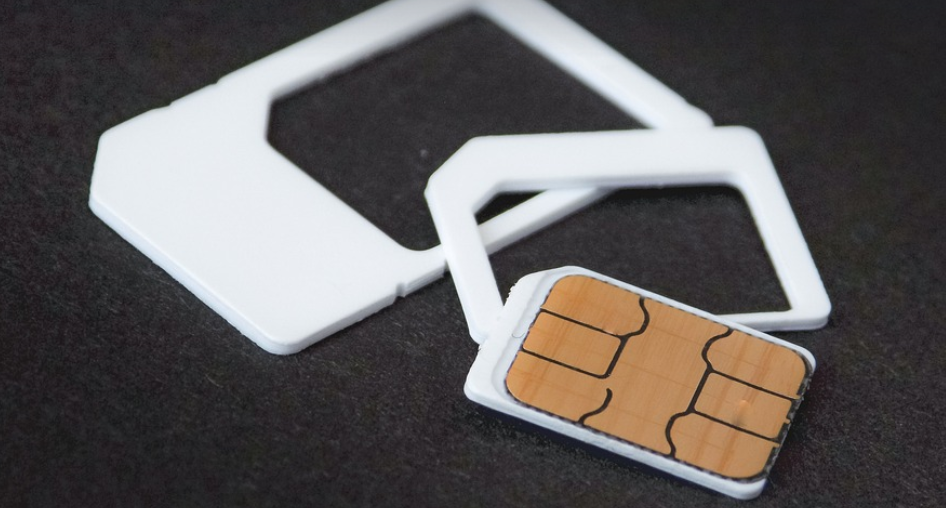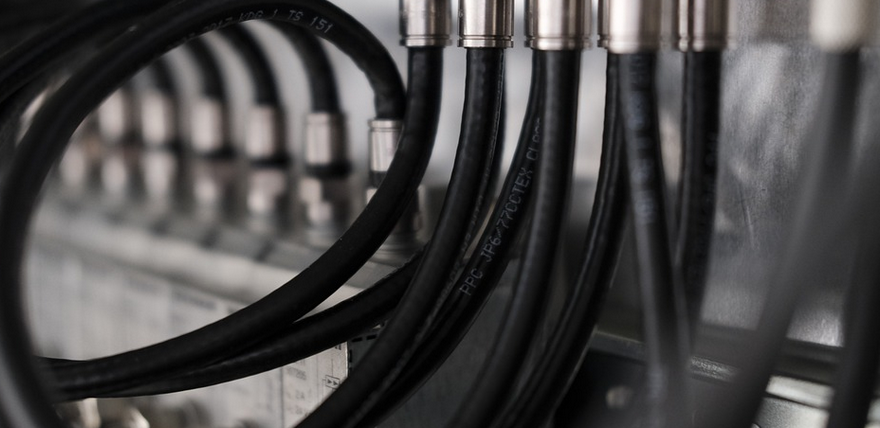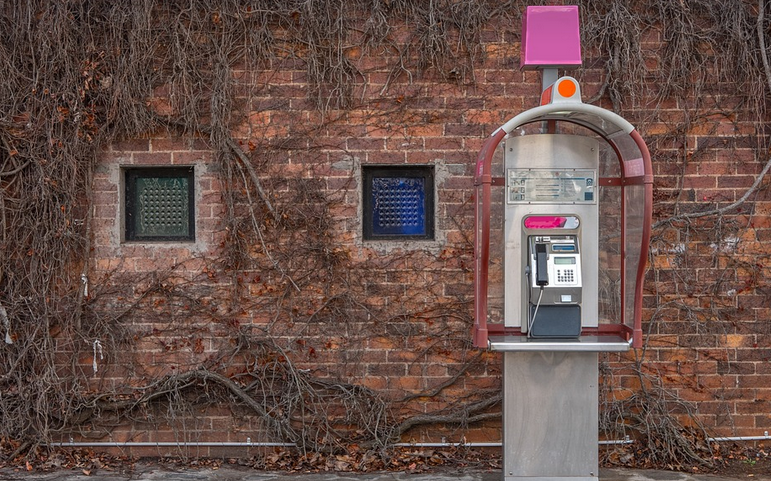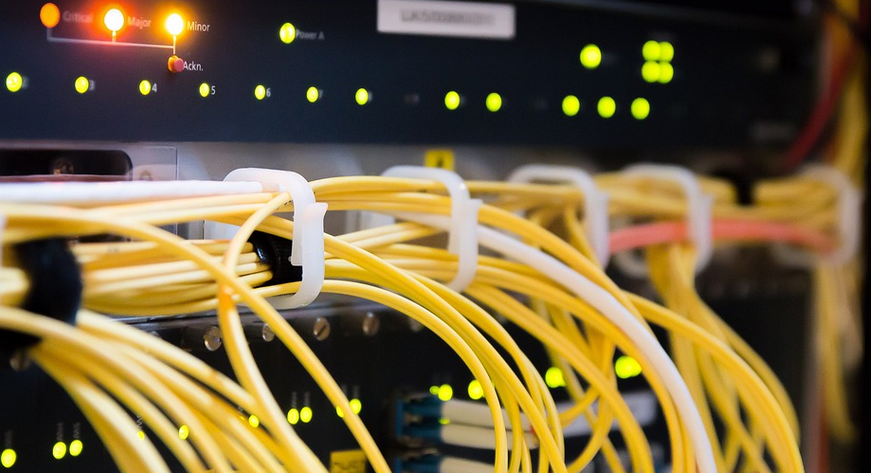Understanding the Importance of Transmissions
We all know that feeling when you hit the gas and your car just doesn’t quite get going. It’s frustrating, especially if it happens frequently. But what exactly is happening beneath the hood? The answer lies in the heart of your vehicle – the transmission. Think of it as the bridge between your engine’s power and the wheels.
This intricate machine uses gears to transfer energy from your engine to your wheels, effectively making those wheels turn. And just like any machine, it needs a little help from its “secret weapons” – solenoids.
What are Transmissions and Solenoids?
A transmission is the core of your car’s drivetrain. It’s responsible for managing gear ratios, providing smooth power delivery to the wheels, and allowing you to shift between gears effectively. These magical machines use hydraulic pressure to engage different gear combinations, which ultimately dictates how much power reaches the wheels at any given time.
Now, imagine solenoids as tiny doorkeepers in your transmission. They’re responsible for precisely controlling the flow of hydraulic fluid that activates the gears. Think of them as little gatekeepers who decide when to open and close paths within the transmission.
How Solenoids Control Transmission Power
Solenoids are tiny but mighty components in the world of automobiles, playing a crucial role in your car’s shifting process. They act like electronic switches, controlling the flow of hydraulic fluid through a system of valves and gearboxes. The specific function of each solenoid varies, depending on their location and what they control.
For instance, a “shift solenoids” controls the movement of gears from one to another as you shift through your car’s transmission. These are critical components that ensure smooth shifting between gears during acceleration.
The Transmission Solenoid – A Closer Look
To better understand how these “gatekeepers” work, let’s examine the typical solenoid setup in a 2002 Honda Accord.
First, you need to know that your transmission uses various types of solenoids. Each type performs its unique task, like shifting gears, activating clutches, or controlling pressure.
Types of Solenoids in a 2002 Honda Accord
1. **Shift Solenoids:** These are the “power movers” behind your car’s gear changes. They directly control the flow of hydraulic fluid within the transmission, enabling seamless gear shifts from Park to Drive or Reverse. They do their work based on electronic signals sent from your car’s computer system.
2. **Pressure Solenoids:** These are like the “pressure pumps” in your car’s transmission. They ensure that the hydraulic pressure within the system is at a specific level, ensuring smooth gear changes and optimal performance.
Common Transmission Solenoid Problems
Like anything mechanical, solenoids can malfunction, leading to various issues. Let’s take a look at some of the most common problems:
1. Grinding or Noisy Shifting
If you experience grinding noises or jerky shifts while driving, it could be a sign that a solenoid is faulty. When solenoids malfunction, they can become stuck open or closed, leading to inefficient gear changes and potentially causing damage to your transmission.
2. Shifting Difficulties
If your car seems hesitant to shift into different gears, it could be an indication of a problem with the solenoids. When solenoids malfunction, they can fail to release or engage the proper components, leading to shifting difficulties.
3. Low Transmission Fluid
Low transmission fluid levels also contribute to solenoid problems. A lack of lubrication can lead to sticking or damage, affecting their performance. Regular maintenance and regular fluid checks are essential to ensure your solenoids function optimally
Troubleshooting Your Transmission Solenoids
If you suspect a problem with your transmission solenoids, it’s critical to seek professional help. The diagnosis and repair process requires specialized knowledge and tools.
A qualified mechanic can diagnose the issue accurately and recommend the right course of action. However, some basic troubleshooting steps may help in identifying the problem.
Keeping Your Transmission Solenoids Healthy
Just like any internal component, maintaining your transmission solenoids is key to preventing future problems. Regular maintenance ensures that these gatekeepers stay healthy and continue performing at their best:
- **Regular Maintenance:** Schedule routine service visits according to the manufacturer’s recommended intervals.
- **Flush Transmission Fluid:** Use proper transmission fluid types, and flush your transmission regularly to remove debris and contaminants.
- **Check for Leaks:** Pay close attention to any visible leaks or unusual noises around the transmission components.
By taking good care of your transmission solenoids, you’ll be able to ensure smooth gear shifts, a quiet ride, and optimal performance from your 2002 Honda Accord.



